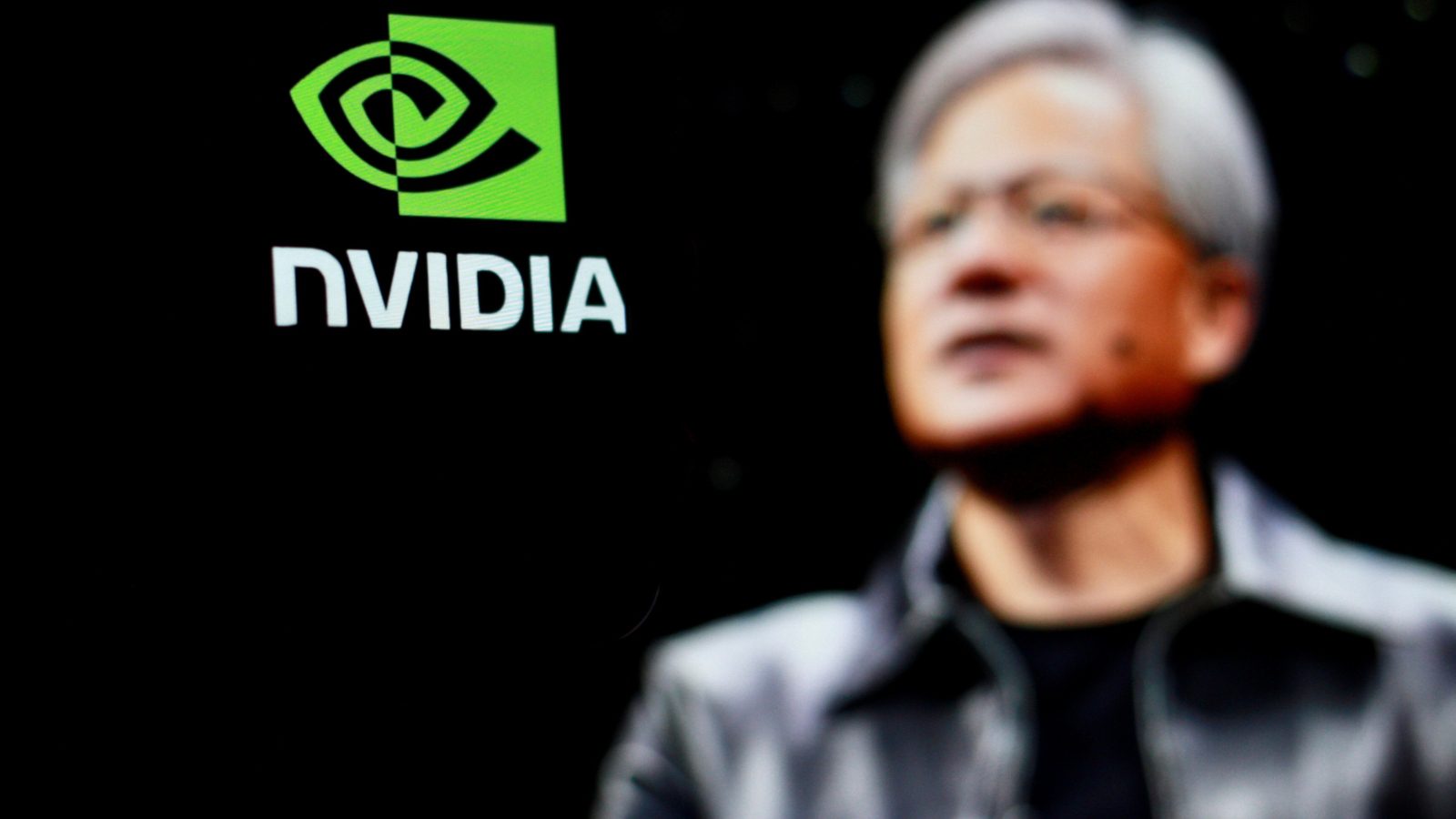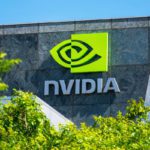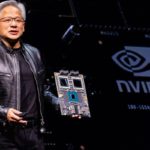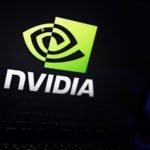Nvidia is set to replace rival chipmaker Intel in the Dow Jones Industrial Average, marking a significant shift in the blue-chip index that underscores the explosive growth of artificial intelligence and a major transformation in the semiconductor sector. Following this announcement, Intel’s shares fell 1% in after-hours trading on Friday, while Nvidia’s shares rose by 1%. The transition will take effect on November 8, with Sherwin-Williams also stepping in to replace Dow Inc., according to a statement from S&P Dow Jones.
In 2024, Nvidia’s shares have skyrocketed over 170%, following an extraordinary 240% increase last year, as investors eagerly seek stakes in the leading AI chipmaker. Nvidia’s market capitalization has surged to an astounding $3.3 trillion, making it the second-largest publicly traded company, trailing only Apple.
Major corporations like Microsoft, Meta, Google, and Amazon are purchasing Nvidia’s powerful graphics processing units (GPUs), including the H100, in substantial quantities to construct computer clusters for AI applications. The company’s revenue has more than doubled for five consecutive quarters, with at least three showing a tripling in earnings. Nvidia has indicated that the demand for its next-generation AI GPU, known as Blackwell, is “insane.”
While Nvidia has experienced remarkable growth, Intel has faced significant setbacks. Once the leading producer of PC chips, Intel has lost ground to Advanced Micro Devices (AMD) and has made little progress in the realm of artificial intelligence. As a result, Intel’s stock has plummeted by more than 50% this year, largely due to manufacturing difficulties and increasing competition for its central processors.
In a recent filing, Intel revealed that its board’s audit and finance committee approved measures to reduce costs and capital expenditures. This includes a substantial reduction in workforce, with 16,500 employees facing layoffs, and a downsizing of its real estate holdings. These job cuts, first announced in August, reflect the company’s ongoing challenges.
The Dow Jones Industrial Average consists of 30 stocks and is weighted by individual share prices rather than total market capitalization. Nvidia positioned itself favorably for inclusion in the index this past May by executing a 10-for-1 stock split. While this maneuver did not alter its overall market capitalization, it effectively reduced the price of each share by 90%, enabling Nvidia to join the Dow without skewing its weight excessively.
The recent switch marks the first adjustment to the index since February, when Amazon took the place of Walgreens Boots Alliance. Historically, the Dow has been striving to increase its representation of the largest technology firms. Stocks included in the index are carefully selected by a committee from S&P Dow Jones Indices.
Source: CNBC






